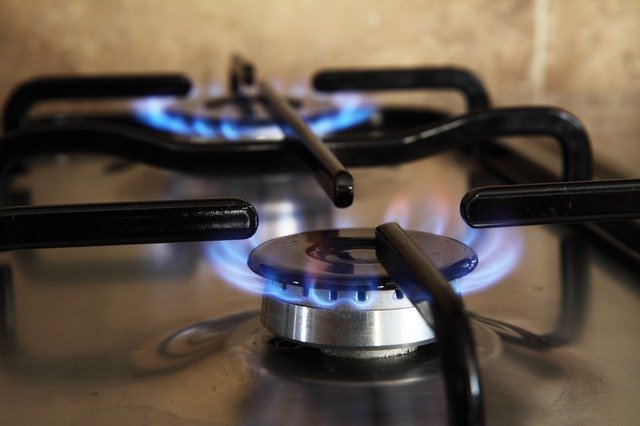Private rental markets continue to boom, and while there are many benefits to home ownership being a tenant also has its plus points. As a tenant you are not required to take care of the maintenance any of the structural, plumbing, electrical and gas equipment in the property. Of course, you are required to use it properly and treat it with care. 
Image by PublicDomainPictures from Pixabay
However, when something goes wrong with any of these features it usually falls to the tenant to sort out any emergencies. From burst pipes to gas leaks, dealing with an incident that can damage your home and personal property can be extremely stressful.
It is important to get all the necessary paperwork from your landlord before you move in. Electrical safety and gas safety certificates should be readily provided to tenants and updated on a yearly basis.
For many tenants, the risk of gas problems poses the most worrying threat. Here, we run through the main gas safety risks in the home and how you can protect yourself.
What gas safety risks are there at home?
There are two main gas safety risks in the home, Carbon Monoxide poisoning and gas leaks. Carbon Monoxide poisoning occurs when gas does not burn properly or when a property is not ventilated efficiently. Poisoning can happen quickly so make yourself aware of the symptoms.
Gas leaks are more obvious to spot due to the smell of gas in your home. If you think you have a gas leak, remove everyone from the property, turn off the gas supply and contact the National Gas Emergency helpline.
How can you minimise gas safety risks?
Minimise the risk of gas problems in your rental property by requesting gas safety certificates from your landlord before you move in. If you have any concerns, make sure you raise them ahead of your move in date so they can be fixed.
How to report gas problems with your rental property?
If you encounter a gas problem while living at your rental property you must notify your landlord and your gas supplier as soon as possible. For immediate threats from gas leaks, contact the National Gas Emergency helpline, your gas supplier and, in extreme circumstances, the fire brigade.
If you cannot get your landlord to fix faulty equipment such as gas boilers, contact the Citizens Advice Bureau for help and advice.
How to protect yourself from gas safety problems?
Ensure the safety of your personal belongings and family members with comprehensive tenant insurance that covers you for gas problems and accidents. Without insurance, you could be in for some large bills to replace your belongings, temporary accommodation and more.